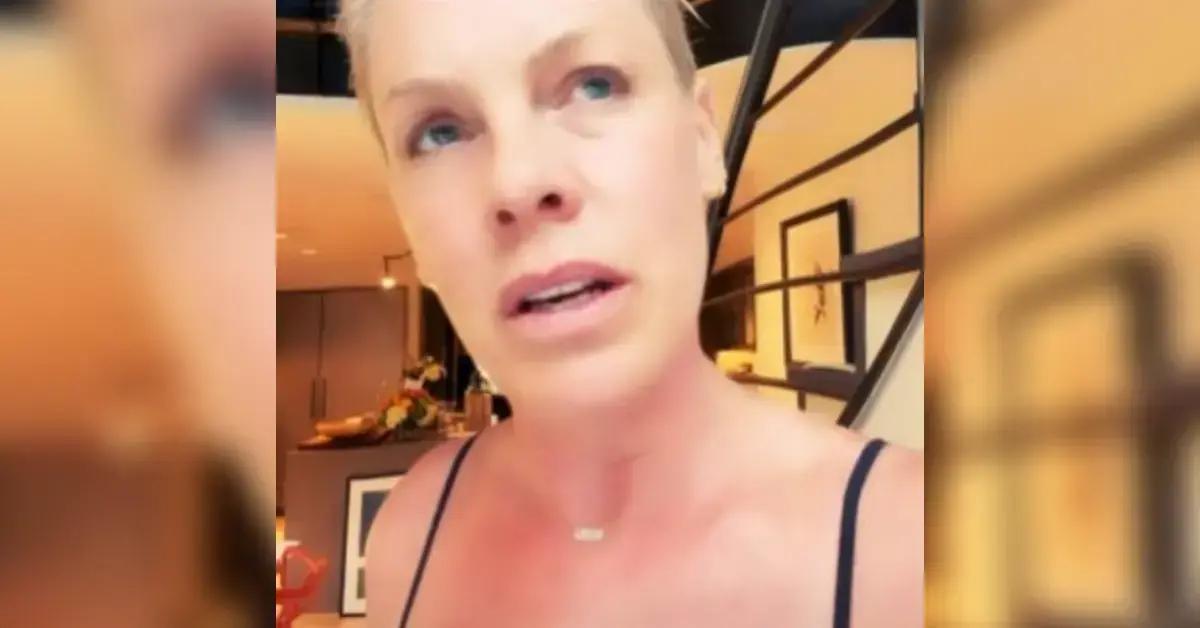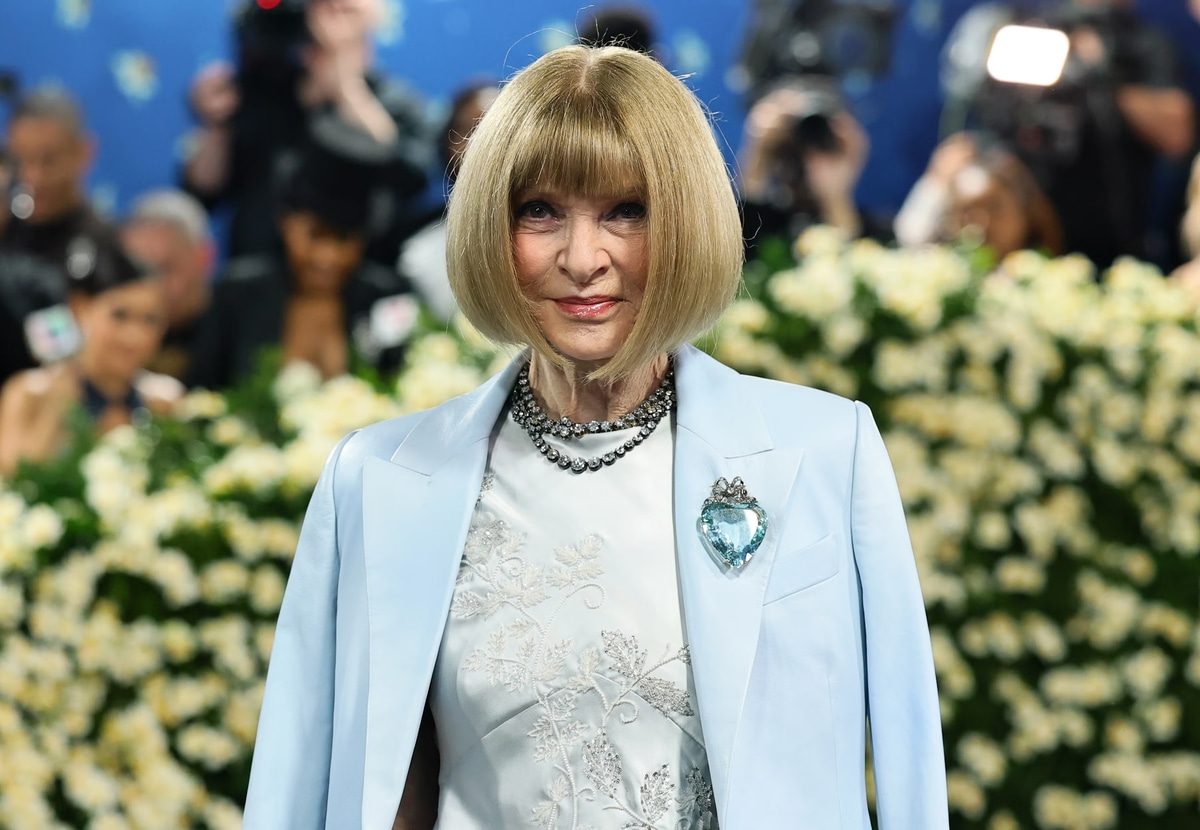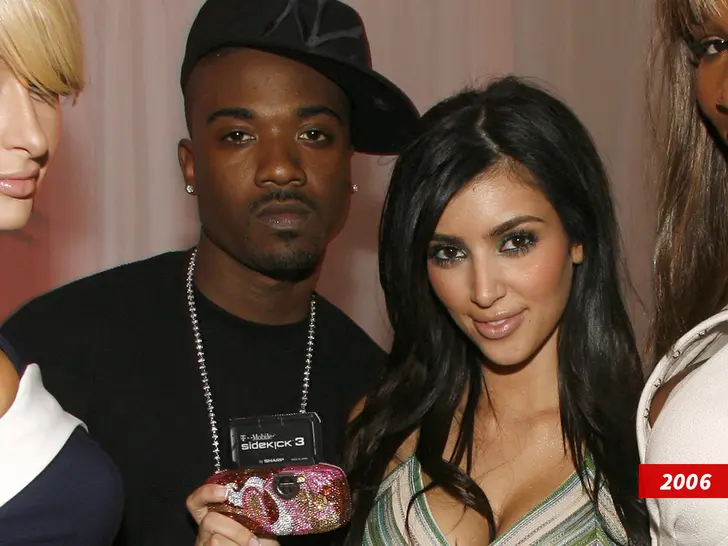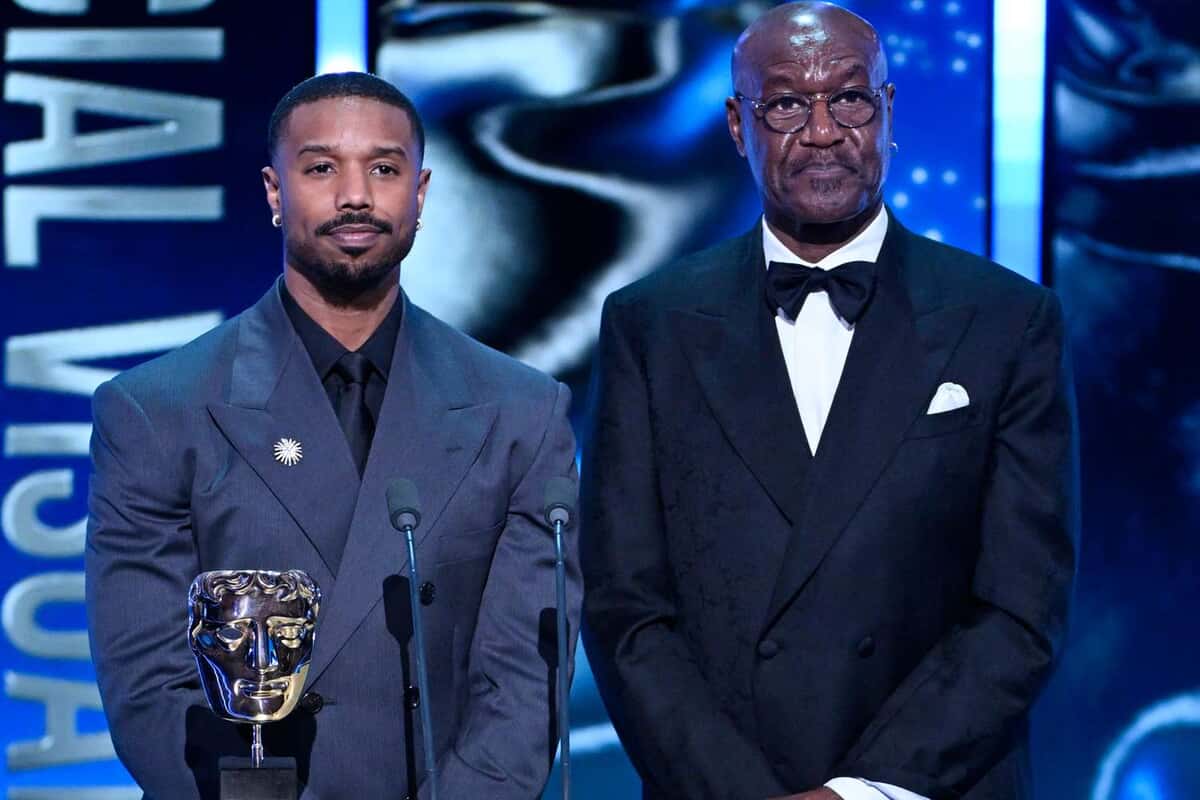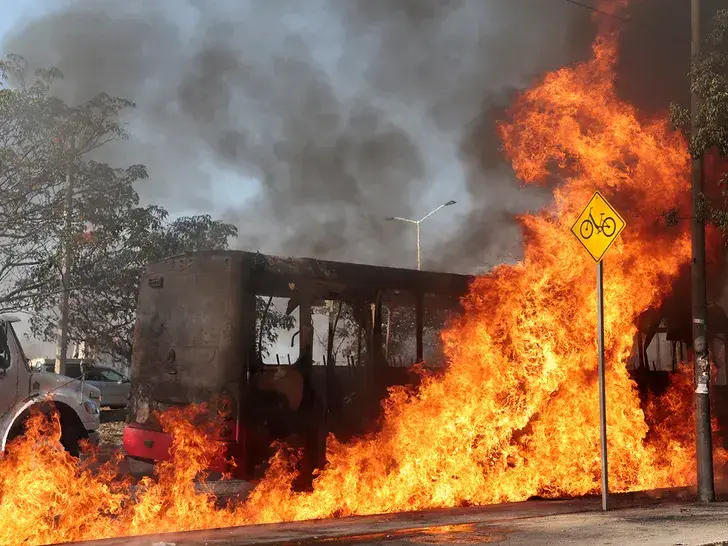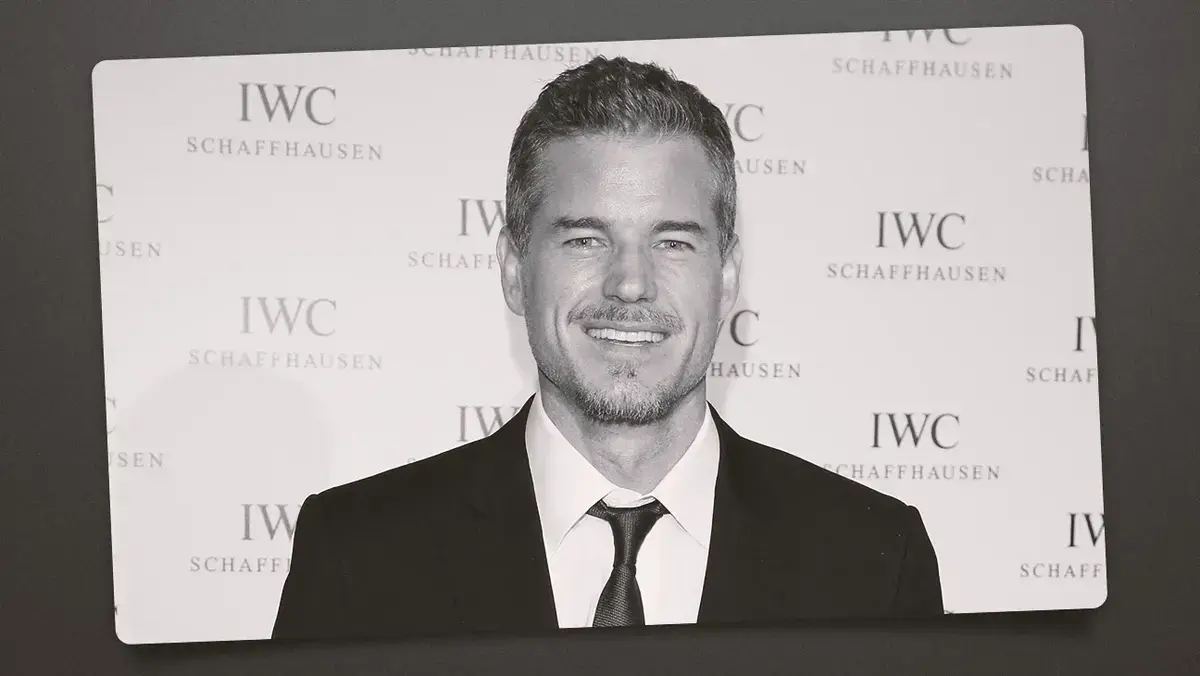BY: DM
Published 10 months ago

During Lyon’s Ligue 1 match on May 17, Serbian soccer player Nemanja Matic sparked outrage by covering the rainbow anti-homophobia patch on his jersey. The league marked International Day Against Homophobia, Biphobia and Transphobia (IDAHOBIT) by giving every team a special jersey badge reading “Homophobie Football.”
In photos and videos from that game, Matic sports tape over the rainbow logo on his right sleeve — a detail spotted instantly by fans and media. In the dressing room after the 2-0 victory, Matic even shared selfies where the tape is plainly visible.
The athlete’s move has raised eyebrows because the initiative he is protesting was founded to combat hate. Here is a look at the controversy and how the LFP could handle the drama.
Matic could face serious fines from the LFP.

Sadly, Matic is not the first player to protest anti-homophobia campaigns. Last season, Monaco’s Mohamed Camara taped over the same logo and was later banned for four games. Similarly, Matic’s has resulted in serious consequences. France’s sports minister Marie Barsacq publicly warned that behavior like Matic’s “must be sanctioned.”
“Football has a massive platform, and the (French Football) Federation is determined to put this issue on the clubs’ and supporters’ agenda,” Barsacq said per Reuters. “Homophobic insults and behaviour are no longer acceptable. Society has evolved, and the language in football must change with it. There’s a full range of sanctions available, and they must be applied.”
Officials beyond the league have also sounded off. Lyon’s mayor, Grégory Doucet, was scathing. In a fiery social media post, he called the cover-up “deplorable” and stressed that homophobia is still present in soccer. “Homophobia is still present, particularly in football. Thank you to the football league for its mobilization. Shame on the players who refuse to participate,” Doucet tweeted.
Other LFP players are wrongly protesting.
Unfortunately, Matic was not alone. On the same day, Le Havre midfielder Ahmed Hassan covered the badge on his shirt. Nantes striker Mostafa Mohamed (an Egyptian international) sat out the match entirely for religious reasons.
“I believe in mutual respect – the respect we owe others, but also the respect we owe to ourselves and our beliefs,” Mohamed explained per BBC. “For me, there are deep-rooted values linked to my background and my beliefs that make my participation in this initiative difficult.”
These initiatives put pressure on clubs as well. Toulouse even left a few squad members out of a game last year over similar personal protests. Nantes has fined Mohamed with proceeds going to anti-homophobia charities.
Meanwhile, LGBTQIA+ advocates say incidents like this only prove the importance of such campaigns. France has seen a worrying uptick in anti-gay hate. According to France 24, the number of anti-LGBTQIA+ incidents has risen about 17 percent on average each year for crimes and misdemeanors since 2016.
Now, Matic faces disciplinary action and public condemnation for seemingly rejecting a message of inclusion. Officials from government ministers to city leaders have condemned the gesture as unacceptable, emphasizing that in 2025 homophobia isn’t an opinion, it’s a crime.
What message does it send when athletes refuse to wear anti-hate symbols? Is silence complicity?

